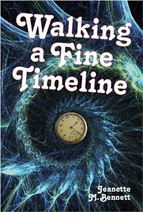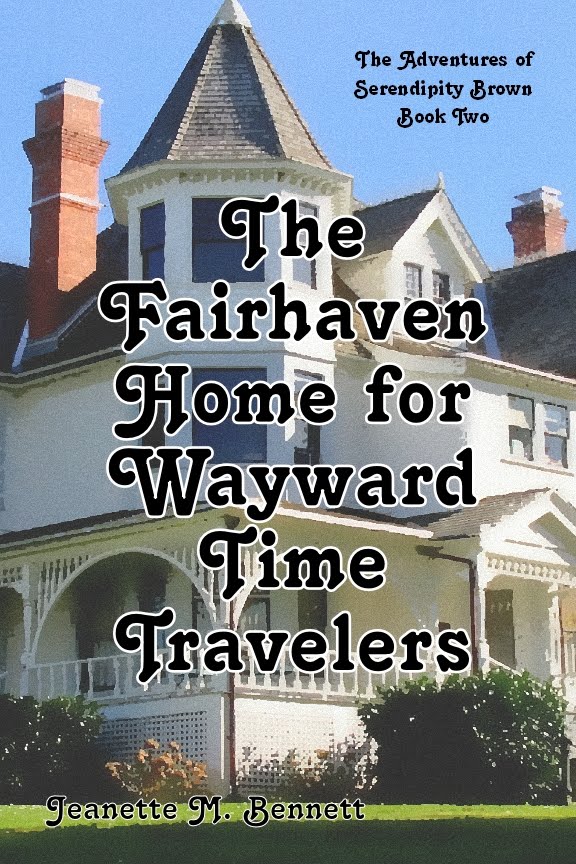 |
| Stratford-Upon-Avon |
I believe I told you William Shakespeare was more popular in the Victorian Age than his own? This is not to imply that Shakespeare died a forgotten pauper. On the contrary, he became wealthy and had many fans, including King James I himself. Shakespeare was regarded as a successful playwright and stage manager, but not a god.
George Bernard Shaw coined the phrase “Bardolatry” to describe the Victorian obsession with Shakespeare. It combines the word “idolatry” with Shakespeare’s 19th century epithet, “The Bard.” And it’s not just the English who come her to worship. Someone joked that nine out of ten Americans who come to Britain head directly to Stratford-Upon-Avon. No one is considered a real actor, unless he does Shakespeare. His works are ranked next to the Bible. He is to the Victorian not only the greatest writer that ever lived, but the greatest mind the world ever produced. One could learn everything they ever needed to know by reading just his works. Any criticism of his plays is considered blasphemy.
 |
| Shakespeare Attended by Painting and Poetry by Thomas Banks (circa 1789) |
This idolatry only got worse during the Victorian period. It did produce some fine actors like Sir Henry Irving, Edwin Booth, and Ira Aldridge who now had plays worthy of their talents. It did get people to read things other than “penny dreadfuls.” And most importantly it created the oldest conservation society in Britain, starting a trend to save historic places. Believe it or not, we have P.T. Barnum of all people to thank for that.
In 1846 the house where Shakespeare had been born went up for sale. P.T. Barnum offered to buy it, tear it apart brick by brick, and ship it off to America to be setup for paying customers to admire. Brits were outraged at this sacrilege. They started the Shakespeare Birthplace Trust and with the help of people like Charles Dickens, manage to raise the money to buy the house and turn it into a public museum. It went so well they began to raise money to buy other buildings about town that had connections with William Shakespeare and save them too from cold-hearted businessmen.
 |
| Shakespeare's Birthplace |
Part of the house is given over to the mementos collected by a Mr. Wheler and contributed by his widow. They include a desk Shakespeare is believed to have used at the local grammar school and a signet ring bearing “W.S.” It costs sixpence to view the museum and another sixpence to view the room the Bard was said to be born.
 |
| Room William Shakespeare was born in |
There is a garden in back of the house. The caretakers have been planting flowers and trees which Shakespeare mentions in his works. I’m not sure how it survives the souvenir seekers wanting a pansy or sprig of fennel to press in their bound collection of sonnets.
There are dissenters in the cult of Shakespeare. Mark Twain argued that Shakespeare could not possibly have written such great literature, being raised in a small town with a rudimentary education. (Of course one could make the same argument for Mark Twain’s work.) We do know that Shakespeare did collaborate on occasion. The man wasn’t out to write great literature. He simply wanted plays for his production company that customers would flock to see. And if masterpieces came out of that, I‘m sure he would not have minded.
I spent most of my day at the house, not just recording how it looked in 1881, but to record the visitors. The look of awe on their faces was fascinating and occasionally amusing. It is said the ancient Greeks would worship at the tombs of great warriors. Victorians worship at the birthplace of a poet. It’s why I love these people.
The Shakespeare Birthplace Trust website
The true face of Shakespeare?
Mark Twain's 'Is Shakespeare Dead?' -- with Keir Cutler




No comments:
Post a Comment
Due to bots sticking ads into the comments I am now forced to moderate. Differing opinions are welcomed. This is history, which is the surviving written record, which may or may not be accurate. I will even allow comments pushing other books or websites as long as they are relevant.